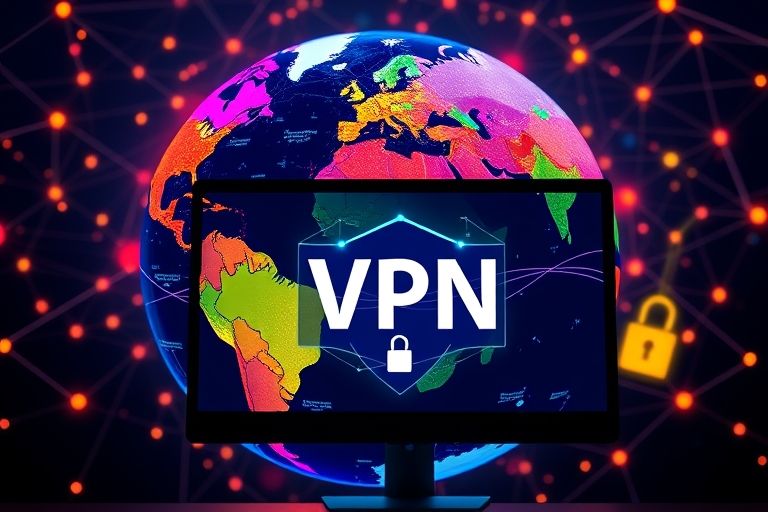
As we become more reliant on technology, our online privacy becomes increasingly vulnerable. Hackers can easily access our personal information and data, putting us at risk for identity theft and other online attacks. This is where a VPN comes in.
VPN stands for Virtual Private Network. It is a tool that allows you to create a secure and private connection to another network over the internet. This means that all your online activity is encrypted and hidden from prying eyes.
VPNs were initially used by businesses to protect sensitive data. However, as online privacy concerns have grown, VPNs have become more popular among individuals as well.
When you connect to a VPN, your device establishes a secure connection with the VPN server. All your online activity is then routed through this server, which encrypts your data and hides your IP address.
For example, if you are in a coffee shop and connect to a public Wi-Fi network, hackers can easily intercept your data. However, if you use a VPN, your data is encrypted and hidden from prying eyes, making it much more difficult for hackers to steal your personal information.
There are several benefits to using a VPN:
There are many VPN providers to choose from, each offering different features and pricing options. Here are some popular VPNs:
Setting up a VPN is easy and can be done in a few simple steps:
Here are some interesting statistics and facts about VPNs:
A VPN is an essential tool for protecting your online privacy and security. With so many VPN providers to choose from, it's important to do your research and choose the one that best fits your needs. By using a VPN, you can browse the internet with peace of mind knowing that your personal information is safe and secure.